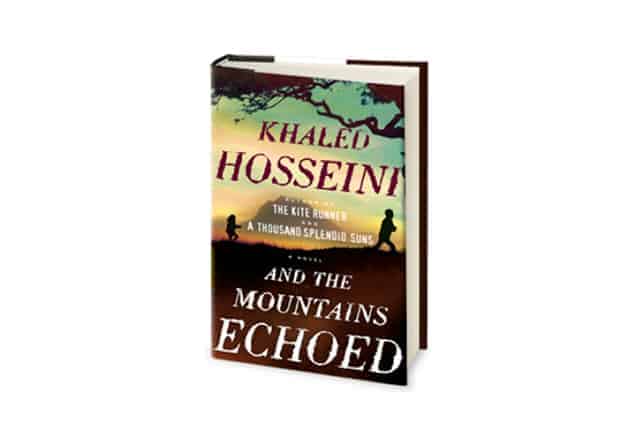The hastily prepared syllabus for the FYUP has encountered yet another sandstone. The present Modern Indian Languages (MIL) policy is witnessing protests from different regions and organisations on the grounds of being discriminatory and danger for national integration.
The Punjabi community along with representatives of other regional languages have gathered in rebellion stating that the new MIL rules put regional languages and culture into jeopardy.
The Delhi Sikh Gurudwara Management Committee (DSGMC) has been protesting against recent MIL provisions. As per the new system, for four-year graduation course of DU shifts Punjabi, Urdu and other MILs, to the second year (third semester). Earlier, these languages were introduced from the first semester. Students and DSGMC are claiming that the move is discriminatory towards regional languages.
It is being said that the Applied Language Courses that are a part of the foundation courses are a farce and the quality of the curriculum for the same is questionable. While several regional languages are available as a part of Discipline Courses- II, the ambiguity amidst the method of choosing a minor subject also acts as a problem in such a scenario.
Punjab minister, Prakash Singh Badal has insisted PM to intervene and scrutinize the move of DU in devaluation of Punjabi language since only 3 colleges have been allowed to teach Punjabi as main subject in FYUP. Earlier it used to be taught in 15 colleges.
An 11 member committee comprising professors of Urdu, Punjabi and other languages will jointly work to restore the pride of regional languages. Various language groups believe that the move is a strategy to slowly wipe away the relevance of the MIL department of the University.
On the other hand, Asian Centre for Human Rights (ACHR) has accused the Delhi University of introducing Hindi and other Modern Indian Languages (MIL) without assessing the capacity of the faculty on MILs. They also called it to be following Tuglaqi Policy, under which non–Hindi speakers will be discriminated as Hindi is the only subject with adequate faculty strength.
As per the previous semester system, students taking admission to Delhi University were allowed to take any other subjects instead of languages if any student has not studied MIL at the higher secondary and secondary school level.
However, with the introduction of the FYUP, a committee set up by the DU has made it compulsory for all students to opt for either Hindi or 22 other Modern Indian Languages in the graduation course of the University.
Mr. Suhas Chakma (Director ACHR), filed RTI application with the Deputy Registrar of Delhi University on 5 April 2013, among others, seeking the names of the colleges under Delhi University where MILs are taught and list of MILs taught in each college; and number of faculty members for each MIL in each college under Delhi University.
In reply to the RTI application received, the Deputy Registrar, Delhi University stated that it has no information about the number of staff teaching MILs in Delhi University and instead directed to seek information from individual colleges.
ACHR insisted the University Grants Commission to intrude with Delhi University AND to stop the four year undergraduate programme and not to introduce compulsory MILs without assessment of faculty strength and without addressing the needs of students who do not study MIL at the qualifying level.
Mentioning problems of northeast students, ACHR stated there were hundreds of languages in northeast India but only three languages — Bodo, Assamese and Manipuri – were recognised as MIL.
As students are taught MILs but not their languages, they will be easily kicked out from the Delhi University. Moreover, not a single college under DU has the faculty to teach Bodo, Assamese and Manipuri.
“This step is nothing less than cultural chauvinism on the part of DU directed against the northeast communities,” said a statement issued by the North-East Forum for International Solidarity.



